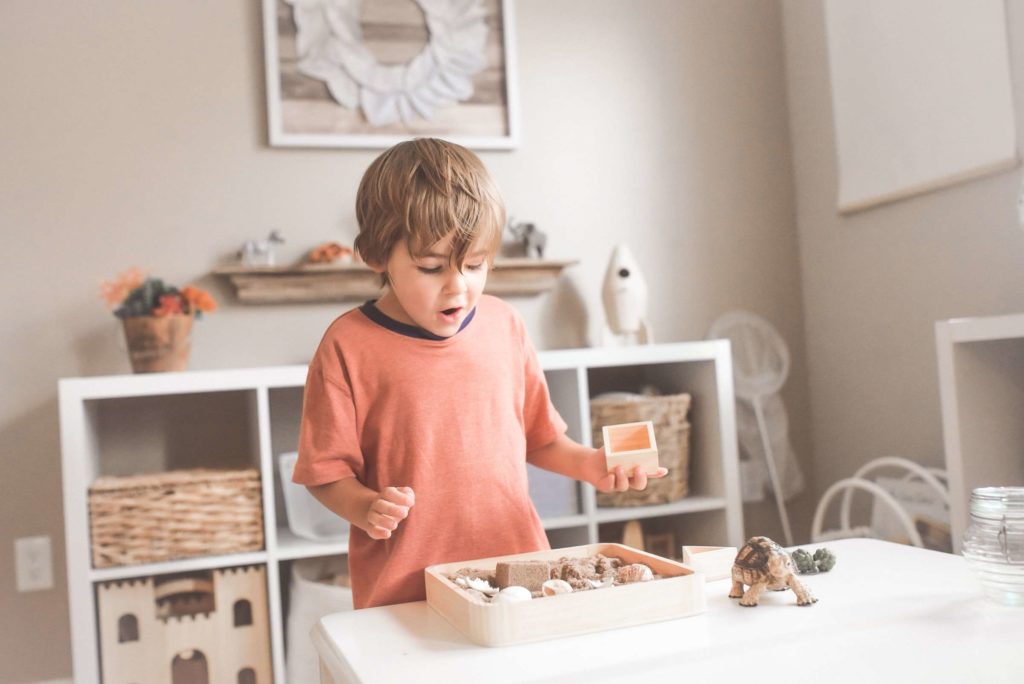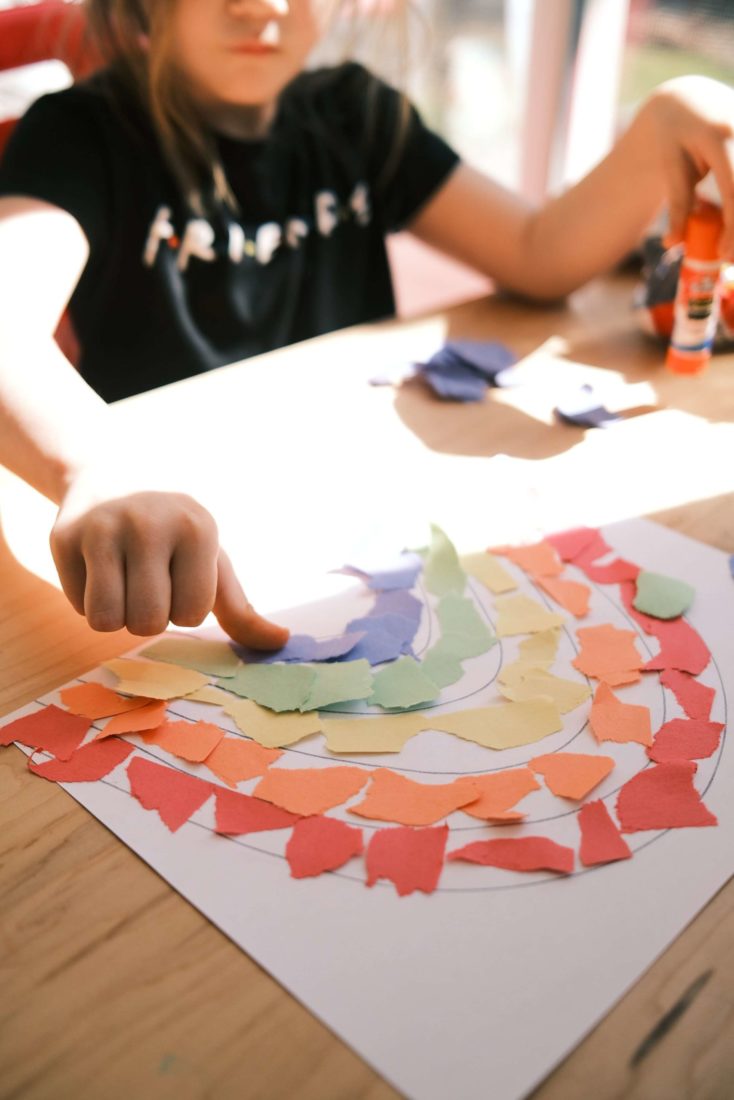Play Therapy
For children who have experienced trauma or a big life change, play therapy can be beneficial and help them cope with their struggles in healthy way that is more natural to them.

Play Therapy
For children who have experienced trauma or a big life change, play therapy can be beneficial and help them cope with their struggles in healthy way that is more natural to them.
What happened to your little angel?
Your child has been acting out in anger and suffering wild mood swings between sadness and happiness. Sometimes they opt for seclusion and lack enjoyment of things that they once loved.
It breaks your heart to see your baby like this.
Where there's smoke, there's a fire.
These episodes may reflect deeper issues like a medical condition or emotional upset from divorce or the loss of a loved one. Their behavior may indicate a traumatic experience, such as sexual or physical abuse.
When you notice that your child is different than they once were, you need to get answers. They may not want to talk about the struggles that they have experienced, and it may be troublesome to think of them facing any issues on their own.
Let them talk in a way they know how.
Play therapy is primarily geared toward children where they are encouraged to explore, communicate, and process through their thoughts and feelings in a way that is natural to them. Play therapy uses toys, role-playing, and physical activities that allow mental health therapists to evaluate interactions and learn about the thoughts and emotions that children find difficult to express verbally.
It is meant to build coping skills, explore relationships, increase self-esteem, and develop problem-solving skills. In times of trouble, children may find it difficult to talk to others and elaborate on the issues at hand.
Beneficial for any child
In play therapy children play as they wish. As mental health therapy progresses, the therapist may introduce specific items or activities that relate to what the child is facing. Children are encouraged to test their creativity and learn new ways of thinking, behaving, and expressing emotion.
They may also benefit from learning problem-solving skills, social skills, positive decision-making skills, and communicating personal concerns.

Help your child have fun again.
Whether your child is anxious, depressed, or impulsive, they will grow to have more self-control, self-confidence, tolerance.
Parents, you will benefit too! Have a better understanding of your child and feel more confident and in control of your parenting skills. You will see their full potential and have fun!
Are you ready to take a step toward learning to play?
